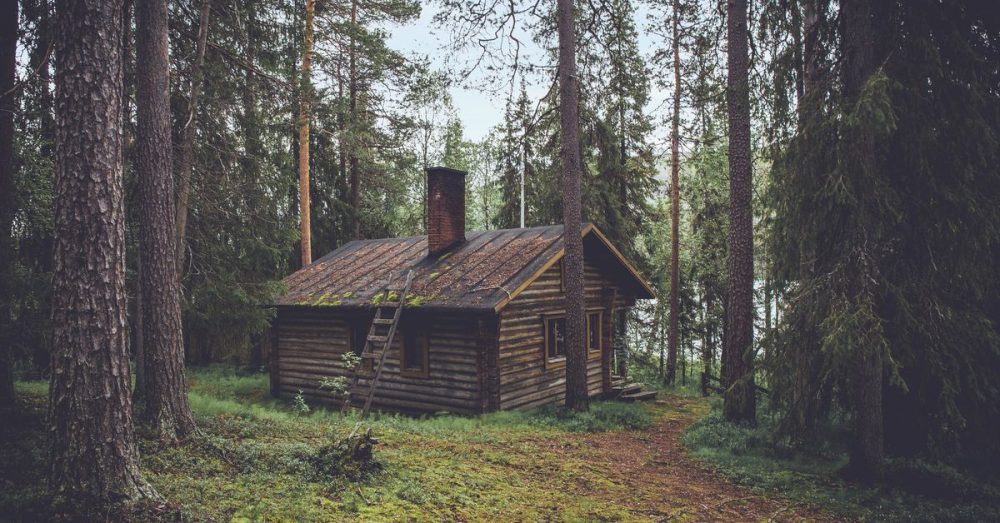A woodsy, digital-native coliving project is trying to rethink the modern city – with just a touch of crypto governance.
The project, Cabin, escalated that effort Tuesday with plans for the first “network city,” a global alliance of self-governing neighborhoods accessible to “citizens” who hold NFTs. Project backers say living in these neighborhoods will be cheaper, and more accessible, than the status quo.
A twist on Balaji Srinivasan’s idea of a “network state,” Cabin’s distributed city aims to mix blockchain-based membership with tiny homes and tight-knit communities. Its creator, Jon Hillis, thinks this blend can provide a potent formula to unleash the “fountain of human creativity” he thinks is getting stifled by modern cities.
Hillis says Cabin wants to solve the “loneliness” problem endemic to car-centric suburbanites and single-family homes. His answer is to amass a confederation of cabins in the woods and fill them with like-minded digital nomads and their friends.
These people have already started sorting themselves into online communities, especially in crypto. What Cabin is doing is providing a real-world setting for them to come together, work and live together.
Cabin is what’s known in crypto as a social DAO. Its members hold crypto assets – in Cabin’s case, a “citizenship” NFT as a sign of their participation; they weigh in on neighborhood composition and treasury management through votes denominated in their Cabin governance token.
Each residence is its own “neighborhood” unique from the others and also separately owned. While the ethos behind Cabin crosses all neighborhoods, the rules and regulations can differ from place to place based on their caretaker. Getting “neighborhood” status requires a property to accrue 1000 CABIN token votes in favor.
It’s part of “polycentric governance,” says Hillis, who contrasted Cabin’s “governance games” with the sometimes messy and ineffective “up down” votes found in other DAOs.
“We’re using these bottom-up polycentric governance structures where we are essentially playing games that are governance but don’t necessarily look like governance. Like building on the token curated registry of the city directory – that’s something that is actually fun to do.”
Blockchains and tokens provide the tools for Cabin to keep track of membership and impart “a marker of legitimacy” on neighborhoods in the network. They’re also likely to be the focus for many of the digital nomads willing to become citizens.
Hillis said Cabin has already handed out 300 citizenships to long-term members of the Cabin community who can now refer others into the group.
“The goal of citizenship is both to create a financially sustainable way for our community to continue to grow while simultaneously providing a value and vibe alignment check for people who want to co-live in Cabin neighborhoods,” Hillis said.







